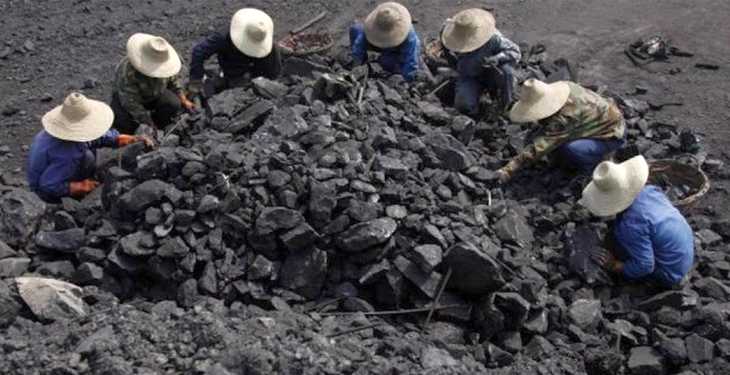China is considering forcing steel and aluminum producers to cut more output, banning coal in one of the country’s top ports and shutting some fertilizer and drug plants as Beijing intensifies its war on smog, a draft policy document shows.
The Ministry of Environmental Protection (MEP) has proposed the measures in the document seen by Reuters. If implemented, they would be some of the most radical steps so far to tackle air quality in the country’s most polluted cities.
The move comes after China’s northeast has battled some of the worst pollution in years as emissions from heavy industry, coal burning in winter and increased transport have left major cities including Beijing blanketed in thick smog.
The document outlines plans to cut steel and fertilizer capacity by at least half and aluminum capacity by at least 30 percent in 28 cities across five regions.
By July, it would stop Tianjin, one of the nation’s busiest ports, handling coal, with shipments diverted to Tangshan, 130 kms (80 miles) to the north, which would shift large volumes of coal transport from trucks to rail.
Tianjin, China’s second largest by cargo volume, is the key hub for trading 100 million tonnes a year of seaborne coal and domestic coal that flows south from Inner Mongolia, the report said.
By September, ports in Hebei province would not be allowed to use trucks to carry coal from railways to ships.
Based on the cuts over three months, the measures would reduce China’s total annual steel output by 8 percent annually and aluminum output by 17 percent, according to Reuters calculations.
